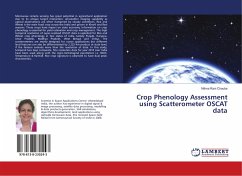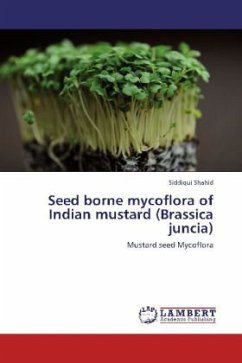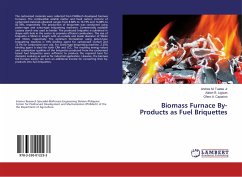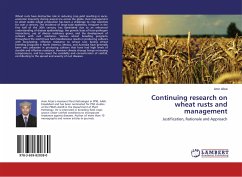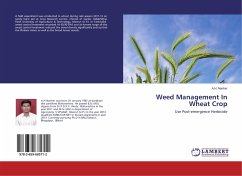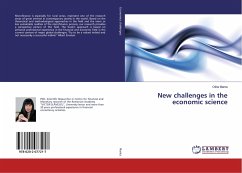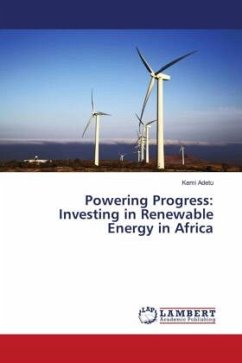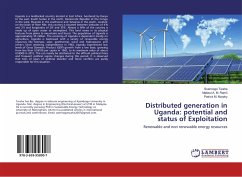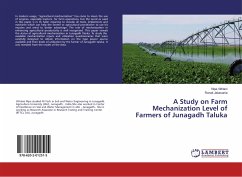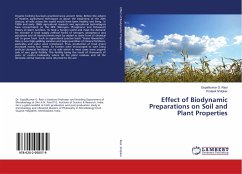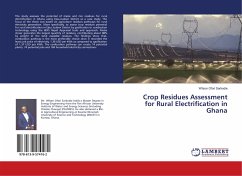
Crop Residues Assessment for Rural Electrification in Ghana
Versandkostenfrei!
Versandfertig in 6-10 Tagen
33,99 €
inkl. MwSt.

PAYBACK Punkte
17 °P sammeln!
The study assesses the potential of maize and rice residues for rural electrification in Ghana using Ejisu-Juaben District as a case study. The focus of the thesis was based on agriculture residues pathways for rural electricity generation. More specifically, to assess crop residues potential for rural electrification in Ejisu Juaben District by gasification or combustion technology using the BEFS Rapid Appraisal tools and approach. Maize stover generates the largest quantity of residues, contributing about 88% by weight of the total available residues. The findings show that, combustion pathw...
The study assesses the potential of maize and rice residues for rural electrification in Ghana using Ejisu-Juaben District as a case study. The focus of the thesis was based on agriculture residues pathways for rural electricity generation. More specifically, to assess crop residues potential for rural electrification in Ejisu Juaben District by gasification or combustion technology using the BEFS Rapid Appraisal tools and approach. Maize stover generates the largest quantity of residues, contributing about 88% by weight of the total available residues. The findings show that, combustion pathway is the most preferable choice since it recorded the least unit price of electricity, 1.36 USD per kWh as compared to gasification of 1.37 USD per kWh. The combustion pathway can create 14 potential plants, 74 potential jobs and 184 household electricity connections.



